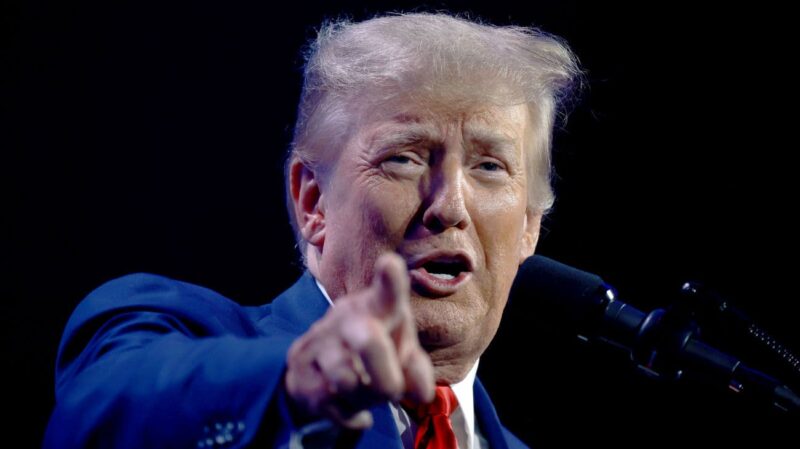Former President of the United States, Donald Trump, has once again made an unexpected statement regarding the situation around Ukraine and Russia, expressing optimism about a possible swift conclusion to negotiations and the opening of new economic opportunities for both countries and, ultimately, for the United States

In a post on his own platform, Truth Social, Trump shared his hope that, by "this week" — considering that the week in the U.S. traditionally begins on Sunday — Russia and Ukraine will sign an agreement, which, in his opinion, will open new horizons for cooperation and business. According to the former president, this step could initiate a “great business” with the United States, bringing significant revenue and economic growth for both sides. Additionally, Trump added that the “golden rule of negotiations” is that whoever has the gold makes the rules, hinting at his philosophy that the stronger parties in any agreements have the advantage. He believes this is the key to success and prosperity, and he clearly supports a positive scenario for Ukraine and Russia. It is worth noting that Trump’s somewhat optimistic and somewhat gendered outlook emerged ahead of scheduled negotiations; however, there is no official confirmation that Kyiv and Moscow are indeed planning to sign any specific treaties or agreements at this time. Moreover, experts and analysts point out that the situation around Ukraine remains tense and quite complex to predict, and any promises of quick negotiations should be approached with caution. Currently, the diplomatic and military situation remains uncertain. The American political landscape is also divided on whether Trump’s statements can lead to a real breakthrough in negotiations or if they will stay at the level of populist declarations aimed at supporting his supporters and emphasizing his role as a “mediator” in international affairs. While the political arena is further complicated, Ukrainian and Russian officials are maintaining restraint in their responses, emphasizing that decisions regarding peaceful conflict resolution should be made exclusively within complex diplomatic processes, rather than through individual statements. Still, any hopes for a quick end to the war or significant steps toward peace provoke curiosity and cautious optimism among the general public. Overall, the high level of tension around the Ukrainian-Russian conflict and its global resonance remain, but news about a possible “big business resolution” and high stakes in negotiations, suggested by the former American leader, definitely add new shades to the complex landscape of modern diplomacy and international relations.

